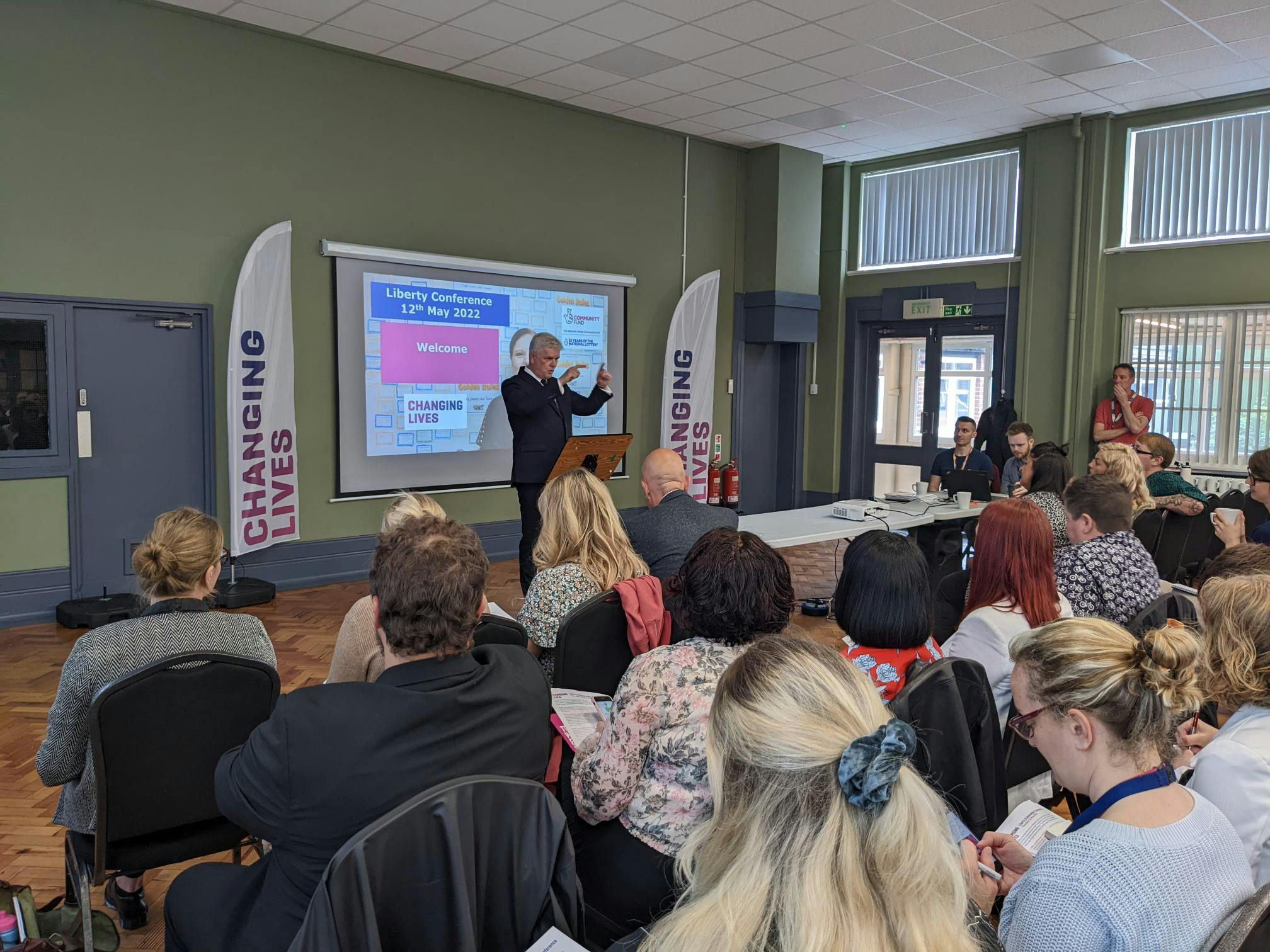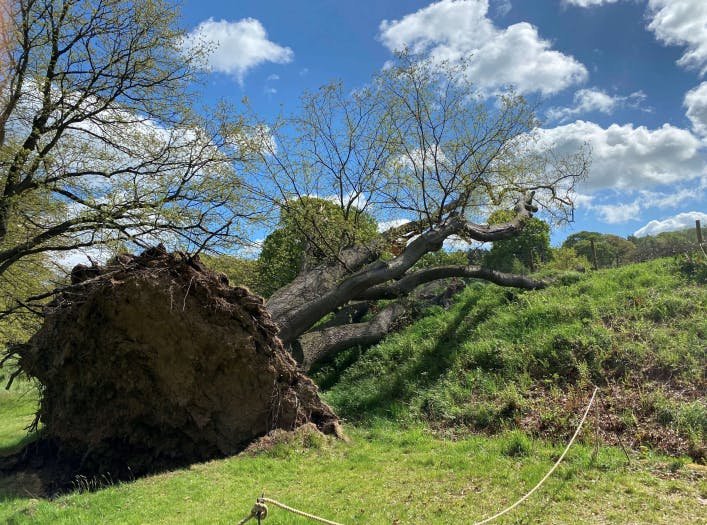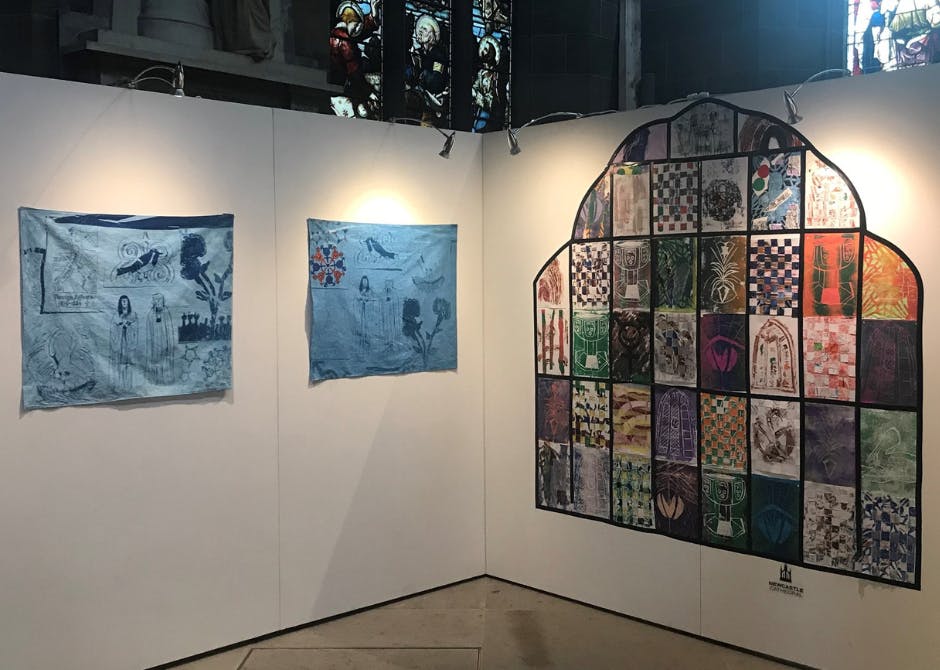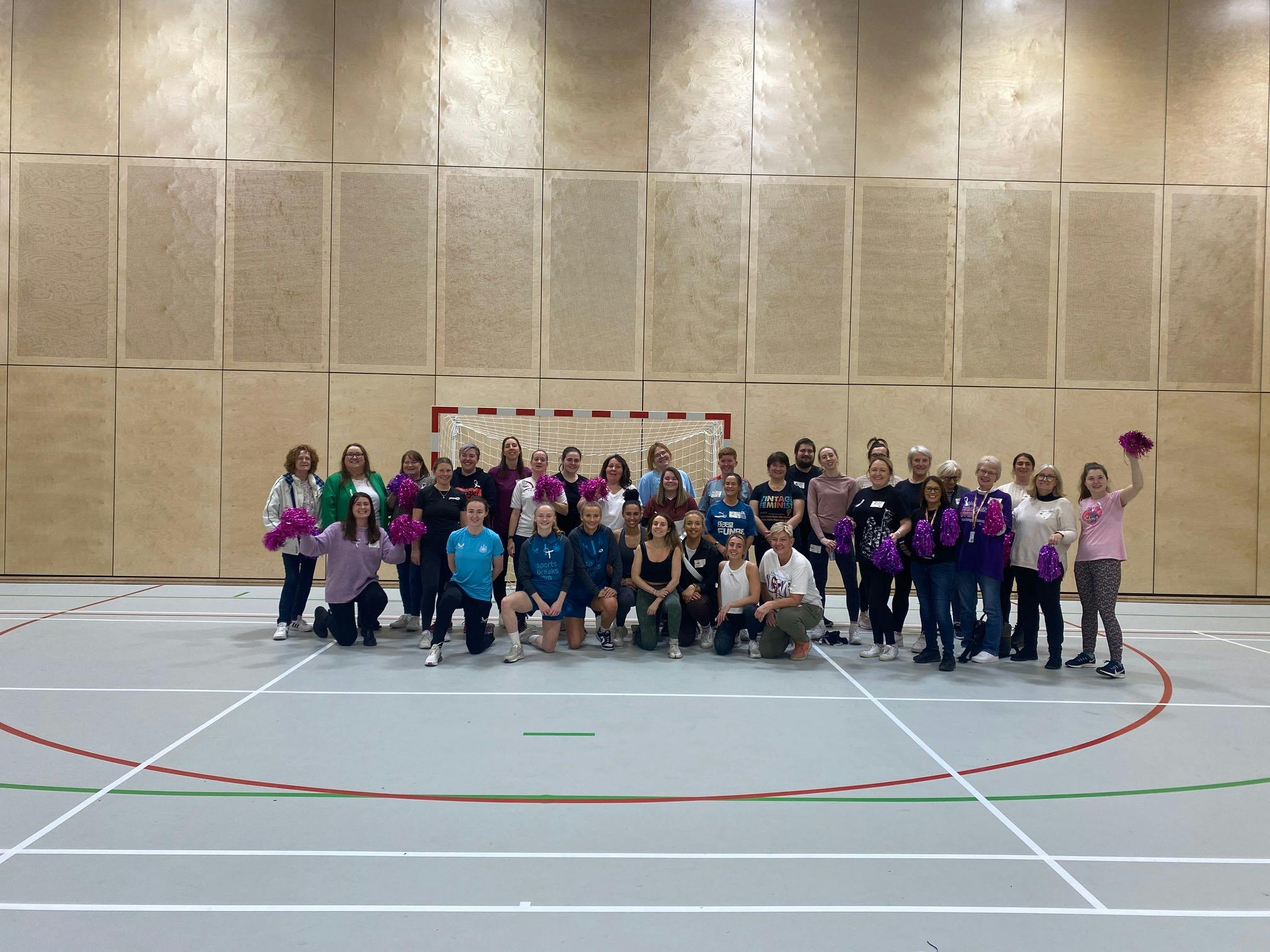Partnership working emerged as a key theme of a one-day stakeholder conference on Modern Day Slavery organised by Changing Lives’ Liberty Project.
Project lead Ian Fiddes said the definition of slavery was forced labour, sexual exploitation, criminal exploitation, domestic servitude and the very rare organ trafficking. The Government is working on a new slavery strategy and Ian told the 100 delegates that this is an opportunity to work together in relation to policy, helping survivors, prevention, and the identification of underlying causes.
“Partnerships are essential, research is invaluable and co-ordination an absolute must,” he said.
“Modern slavery can happen to anyone at any time. Victims are simply commodities to perpetrators, to be used as they wish.”
“With the cost-of-living crisis, and inflation at levels we haven’t seen since the 80s, we have the biggest recipe for disaster we’ve ever seen. Never have we been needed more than we are today.”
Ian said that the vast majority of victims helped by Changing Lives have been exploited in more than one way which is why the collaborative approach is so important.
Stephen Bell, CEO of Changing Lives, said: “Modern Day Slavery is prevalent across all our communities in different guises – and it’s only going to get worse.
“With the cost-of-living crisis, and inflation at levels we haven’t seen since the 80s, we have the biggest recipe for disaster we’ve ever seen. Never have we been needed more than we are today.”
He added that the Liberty Project links all the services provided by Changing Lives.
Stephen’s words were echoed by Northumbria police and crime commissioner, Kim McGuinness, who said: “There has never been a more important time for us to come together to tackle Modern Day Slavery, because in many cases poverty and destitution drive this crime.
“I recently launched a new plan for policing in our region, Fighting Poverty, Fighting Crime, which looks both at how we tackle crime on our streets and how we prevent it in the first place. As a region, we have to work together to tackle deep-rooted poverty because we have some of the country’s lowest household income levels.
“If you live in an area with hardly any good jobs, you are twice as likely to be burgled; three times as likely to be robbed and mugged; six times as likely to be a victim of domestic violence.
“These crimes can and do happen anywhere, especially domestic abuse, but the impact on you when you are a victim of crime is maximised when you are also trapped in poverty. And that’s why I’m so proud to be working with Changing Lives and to have helped fund projects such as Liberty. It really is vital work that makes a life-changing difference to the most vulnerable.”
A range of organisations were represented at the conference including local authorities, police, the NHS and other charities.
They heard from Ian Randell of the National County Lines Coordination Centre who has regional responsibility across the Durham, Cleveland and Northumbria police force areas.
He highlighted the difficulties of getting to the criminal masterminds behind the County Lines operations where gangs and organised networks export illegal drugs to other parts of the UK using dedicated mobile phone lines and sometimes take over a vulnerable person’s home to operate their business. This is known as Cuckooing.
Ian talked about the centre’s work in three areas:
- Enforcement activity to disrupt the drug supply and tackle drug-related offending and harm
- Using the Criminal Justice System to divert users away from offending and into health interventions
- Expanding drug outreach, harm reduction, treatment and recovery support services
And he emphasised: “We can’t do it alone – a multi-agency approach to County Lines is required.”
This was backed up by Tammy Holmes-Bingham, a manager at Northumberland County Council Safeguarding, and PC Rebecca Perry who talked about Operation Eclipse, an award-winning example of a multi-agency approach that resulted in the closing down of a County Lines operation in Berwick.
A regional and national perspective on Modern Slavery Partnerships was provided by Robin Brierley, who is now an independent consultant on modern slavery and human trafficking. He is Independent Chair of both the Cleveland and Durham anti-slavery networks, a Director of the West Midlands Anti-Slavery Network and chairs the National Network Coordinators Forum, which brings together networks and partnership coordinators from England and Wales to share good practice and raise awareness of current issues, trends and challenges.
He said: “I believe something has to come from conferences and I’d be interested to know how Northumbria takes the partnership conversation forward.”
He said partnerships would feature in the Modern Slavery Act which is currently being written and he set a challenge to delegates by asking them:
Why do we need partnerships; what are the challenges; what makes a good one; how do you includes the victim’s voice; who or what organisation would set one up; who commissions them; who funds them; what does success look like?
Louise Gleich, Senior Researcher at the Centre for Social Justice (CSJ), said a new vision for supporting victims of modern slavery is needed because, despite numerous reviews and incremental changes, the slavery support system is still not fit for purpose.
She said survivors have to be seen as victims of crime first and foremost and that they have a vital role to play in bringing perpetrators to justice.
She said: “It takes time to build trusted relationships with survivors and to encourage them to engage with support services and the police.
“To do the effectively requires local places of safety; skilled first responders and local authority champions; and collaboration between statutory agencies and with NGOs – for example, multi-agency case conferences and partnerships between police and charities.”
Louise said the support system is too focussed on process rather than the impact on victims’ lives and that there is chronic and extensive delays in the system which impacts on victims’ recovery, mental health and ability to move on to an independent future.
Other speakers at the event at the Linskill Centre in North Shields included Prof Alex Balch, Director of Research at the Modern Slavery and Policy Centre, officers from Northumbria Police who are part of the Multi Agency Exploitation Hub, Collette Devlin-Smith, the founder and CEO of EDGE, which raises awareness of serious youth violence and child criminal exploitation, as well as Caroline Lucas, Emma Cowing and Nicola Askew from the Liberty Project.
Michal Chantkowsi and Michaela Lenkendorferova outlined their work at ICOS (International Community Organisation of Sunderland) involving support for Ukrainian refugees and ethnic minorities. The conference was perfectly rounded off by Moira Fuller and Louise Cameron of the Asset Team (Gateshead Safeguarding) who described their proactive and preventative work in relation to exploitation.
For more information on how Changing Lives are tackling different forms of exploitation, please visit the Insights section of our website.






